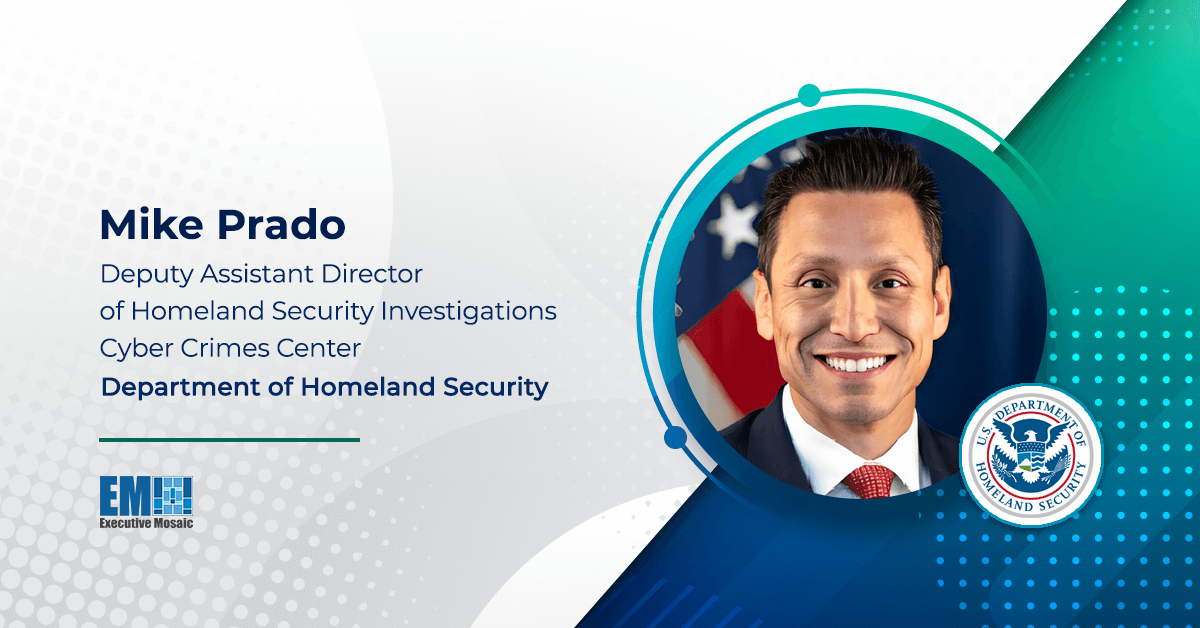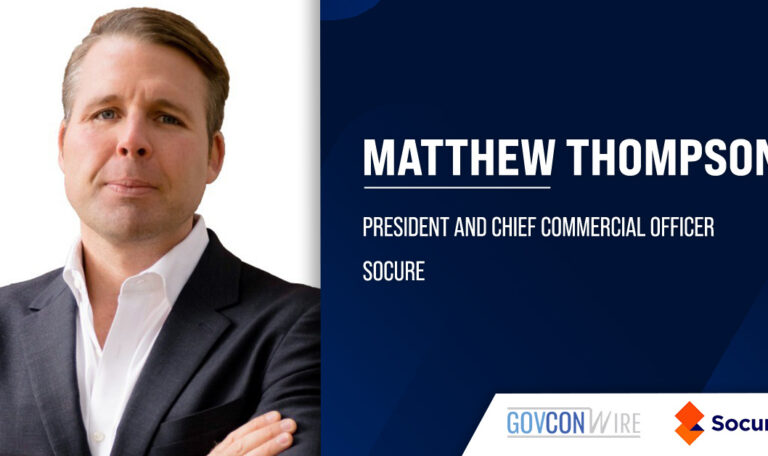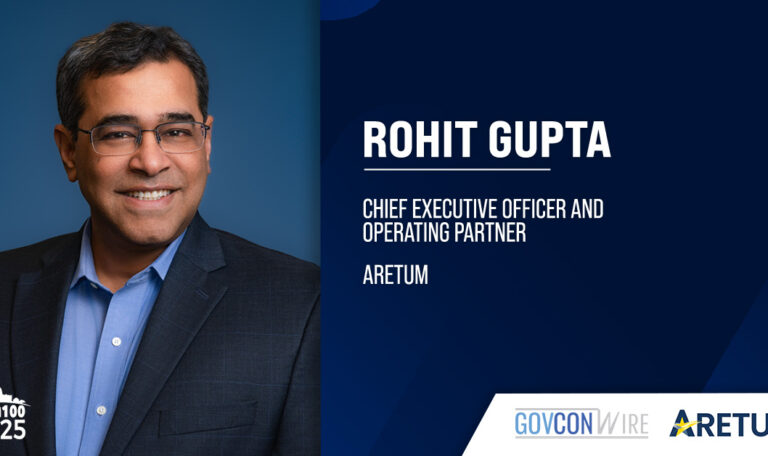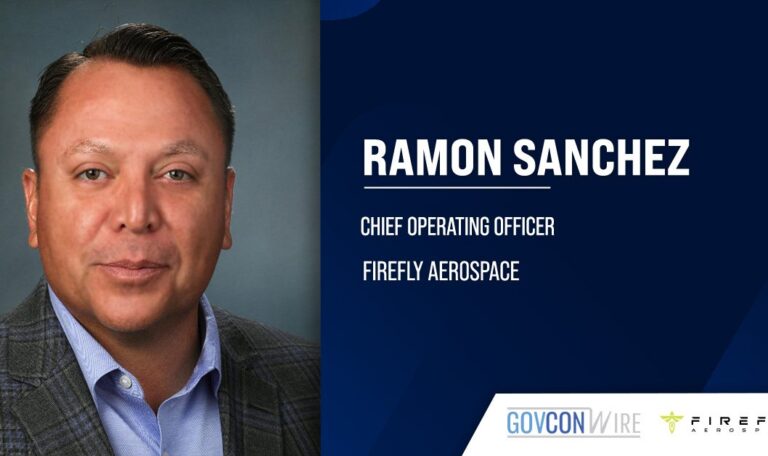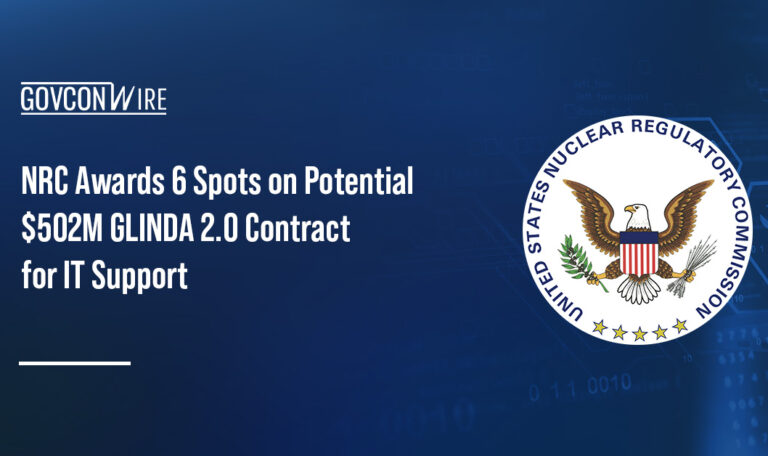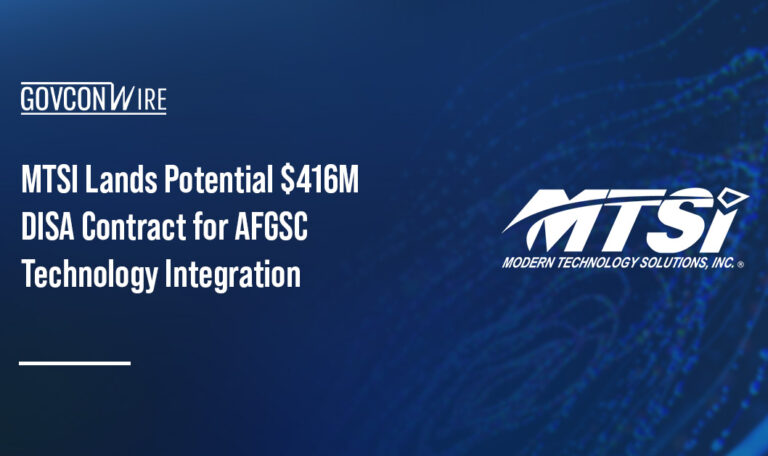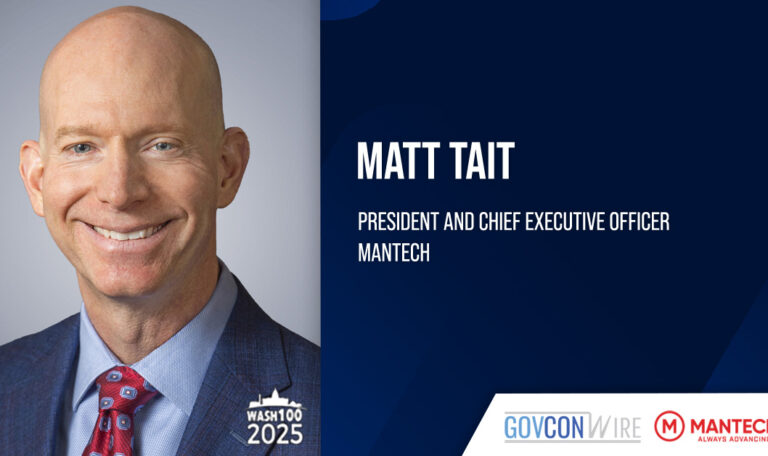U.S. government representatives have been largely bullish, at least publicly, about the benefits of artificial intelligence, particularly generative AI, while also acknowledging its risks and misuses. In order to try and organize and set up parameters for its use, the Office of Management and Budget issued a memo requiring agencies to put governance plans in place by Tuesday; it has also published a blueprint for an AI Bill of Rights, which lays out what U.S. citizens should and can expect from AI’s increased proliferation and its impact on their lives.
What Are the Dangers of GenAI?
However, some federal officials are still adopting an extremely cautious stance when it comes to AI. Mike Prado, deputy assistant director for cyber for Homeland Security Investigations within the Department of Homeland Security, recently shared what his division is keeping an eye on.
“Homeland Security Investigations and our federal law enforcement partners continue to see an exponential rise in the use of generative AI tools to exploit children, facilitate transnational financial fraud schemes, and exploit cybersecurity vulnerabilities,” Prado said to GovCon Wire in an exclusive comment.
Prado will speak at the Potomac Officers Club’s 2024 Homeland Security Summit as a participant in the “Finding Workforce Efficiencies Through AI/ML Implementation” panel. So while he will have some compelling use cases to share, Prado clearly feels the national security dimension of AI is a fraught one.
“Fortunately, HSI and others are identifying ways to use enhanced technologies to combat criminal activity of this type and I look forward to sharing the latest on this front with such a distinguished audience at the Potomac Officers Club,” Prado continued. (Register for the event before it’s too late!)
Looking Ahead to the 2024 Homeland Security Summit
If you’re interested in AI and want to gain a well-rounded sense of how it’s being incorporated and viewed by DHS, the Homeland Security Summit is a must-attend. The event will feature not one but three panels dedicated to the emerging technology: one will explore the newly created DHS AI Corps and another will examine how to best prepare data so that it’s usable for AI systems, which is a crucial part of making this technology effective.
Finally, as mentioned, Prado will speak to Deputy Chief AI Officer of U.S. Customs and Border Protection Josh Powell and Red Horse Chief Architect of Law Enforcement and Justice Mike Hardee about the benefits and stumbling blocks of AI and machine learning.
“I’m tremendously excited to discuss with such a distinguished group of fellow speakers and attendees the challenges and opportunities AI poses in the law enforcement and National security space,” Prado enthused.
Make sure to reserve a spot now so you can hear — and participate in — these fascinating conversations come Nov. 13.



